Why do I keep waking up early during pregnancy? 11 possible causes and 12 products that could help
We've asked the experts for their verdict...

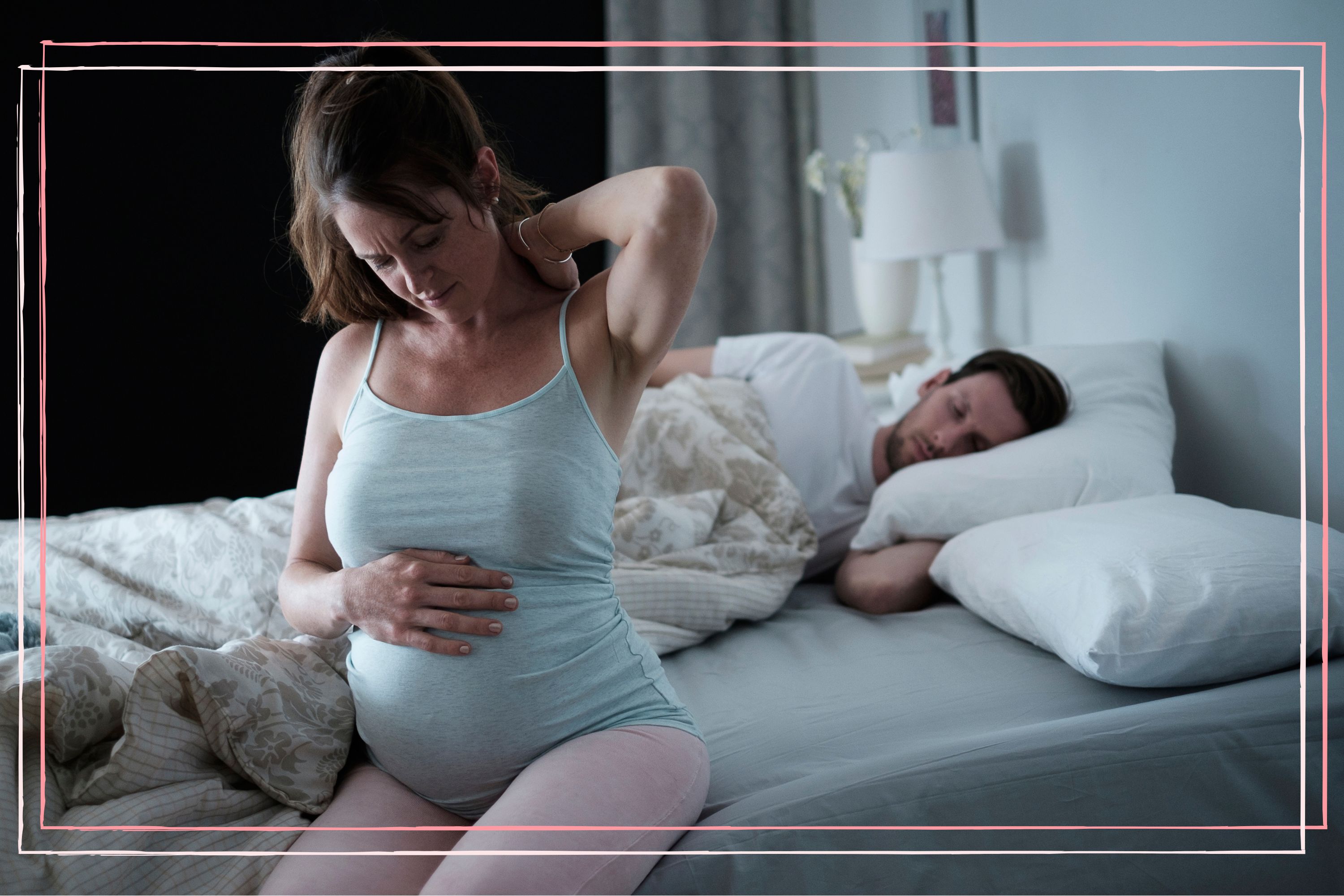
Parenting advice, hot topics, best buys and family finance tips delivered straight to your inbox.
You are now subscribed
Your newsletter sign-up was successful
If you're wondering why you keep waking up early during pregnancy, you're not alone. Many people experience a shift in their sleep pattern, here are some of the reasons why...
For many, pregnancy isn't exactly the most comfortable time of their lives, and this can often lead to difficulty sleeping. Whether it's the baby kicking and pressing on your bladder or thoughts about what being a mother might be like keeping you up, there are plenty of reasons why you might find yourself needing to know how to recover from a bad night's sleep - especially now coffee is no longer an option. Waking up early every morning is another common complaint, and combined with a night of tossing and turning it can leave you looking for ways to look less tired and get rid of dark circles.
If that sounds like you, don't worry, you're not alone and it's totally normal. But that doesn't mean it's not annoying. Dr Hana Patel, resident sleep expert at Time4Sleep explains, "Sleep disturbances during pregnancy are quite common, especially during the first trimester. Causes of insomnia during pregnancy may include nausea, heartburn, general physical discomfort and frequent trips to the bathroom. Many women also report instances of sleep apnea and leg cramps during this period. These physical symptoms can disturb your natural sleep cycle, leaving you feeling less rested in the morning."
We've spoken to Dr Hana and other sleep experts to put together a list of reasons why you keep waking up early in pregnancy, and we've researched the products that can help you get a more restful night in future.
Why do I keep waking up early in pregnancy?
1. Hormones
Your body is going through a lot of changes during pregnancy, and hormones are the culprit for many side effects over the nine months - including changes to your sleep. This is particularly the case in the first trimester, when rising levels of progesterone often make people feel more sleepy and fatigued.
Unfortunately, this doesn't always equal a longer night's sleep. A study published in the Journal of Biological Rhythms suggested that women shift their daily schedules earlier by up to a few hours during the first third of their pregnancy. The experiment involved 39 women wearing wristwatches that continuously monitored their daily activity and rest both before and during pregnancy.
While the study found that women's daily schedules gradually returned to normal before giving birth, another study published in the Journal of Clinical Sleep Medicine found that oxytocin, the hormone responsible for uterine contractions, peaks at night and may cause sleep fragmentation in late pregnancy.
Parenting advice, hot topics, best buys and family finance tips delivered straight to your inbox.
2. You're wearing the wrong clothes to bed
In the winter, as the temperature drops, we're more inclined to bundle up in thermal pyjamas to keep the heat in. But if you're currently pregnant you might find that you're often waking up hot and sweaty - this is partly due to the hormones, but also a result of an increase in blood supply to the skin. And did you know that by the eighth week of pregnancy, your heart is pumping blood 20 percent faster?
While you might feel cold at the beginning of the night, wearing linen pyjamas is one of the best ways to ensure that your temperature stays regulated while you sleep during the winter months. This is because the material has thermo-regulating characteristics, which means the breathable fabric allows heat to escape during summer while serving as an insulator during winter.
3. Your bedroom is too warm
Similarly, a sleep environment that is too warm may cause you to wake up early in pregnancy. While you might have been able to sleep through before conceiving, those warmer temperatures could be the reason your sleep is now disturbed.
Sleep behaviour and environment expert James Wilson, aka The Sleep Geek, says, "Our body is very sensitive to changes in core temperature when it comes to sleep." He adds, "Consider what your mattress is made from. Foam mattresses make you hotter, so to help your body manage its temperature then sprung mattresses with natural fillings may be more helpful."
James also suggests having a separate duvet to your partner, as sharing might mean their body heat will make you hotter, whereas separate sleep environments allow you both the chance to manage your temperature better.
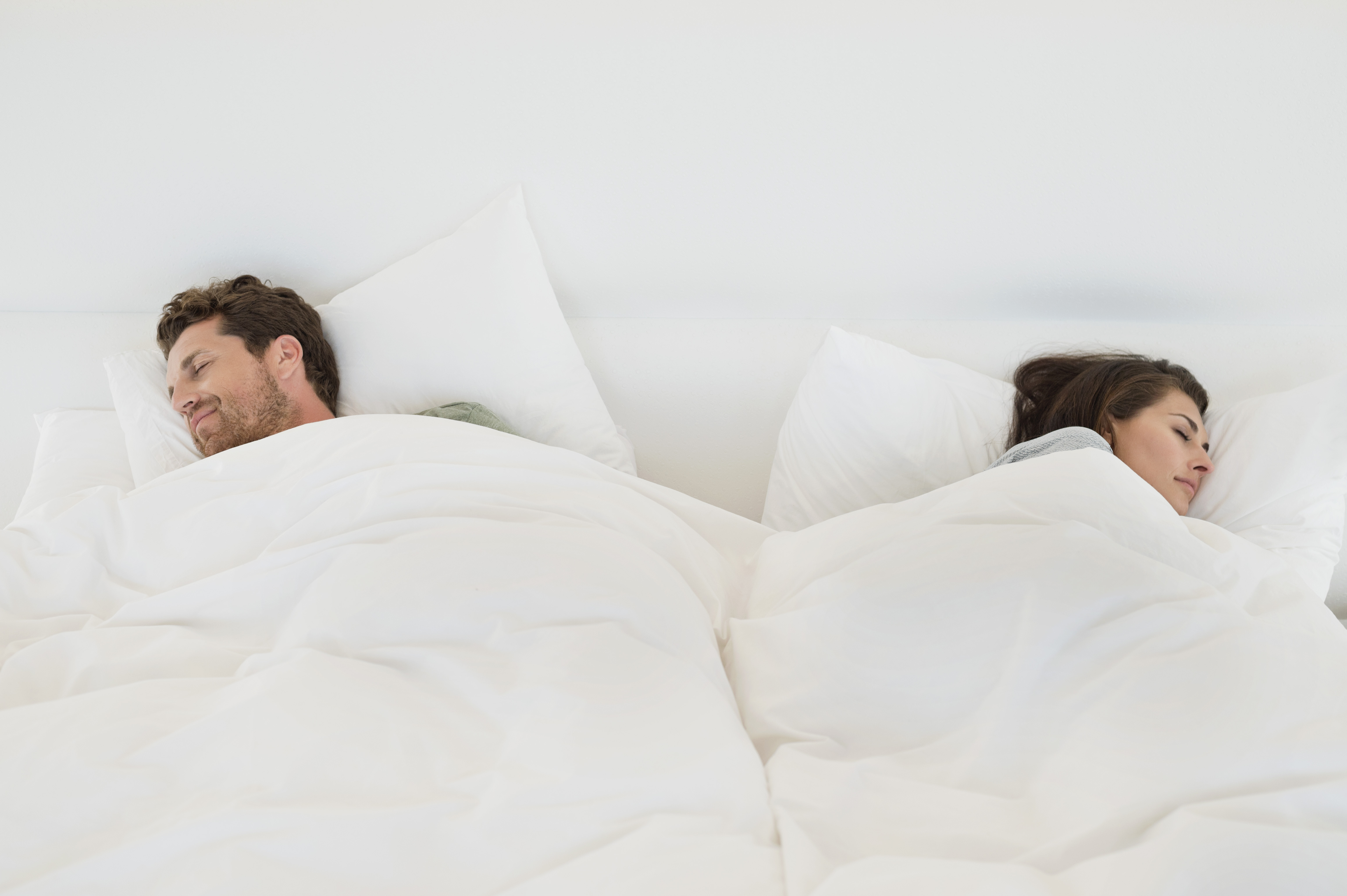
4. Discomfort
There are many side effects from pregnancy that may cause you discomfort while sleeping. Common complaints include heartburn, back ache, nausea, bloating and constipation. In addition, there's a link between restless leg syndrome and pregnancy, with the NHS explaining that about one in five pregnant women will experience symptoms in the last three months of their pregnancy - although it's not clear exactly why this is.
The main symptoms include an overwhelming urge to move your legs, but it can also cause an unpleasant crawling or creeping sensation in the feet, calves and thighs. One of the treatments is regular exercise in the daytime.
Meanwhile, Dr Hana Patel offers some advice for easing discomfort during pregnancy: "It is usually recommended to sleep on your left side if possible, as this can facilitate blood flow to major organs and to the foetus. If you can, try to get into a habit of doing this early on - if you are not usually a side sleeper as this will help you become more comfortable in the long term."
You could also try using a pregnancy pillow, which assists in sleeping comfortably on your side and can support your back, neck, knees, hips and growing belly.
5. Spending too much time in bed
It's normal to feel fatigued during pregnancy, but getting into bed early on in the day might not be the best idea for creating a good quality sleep environment. This is because the more time you spend in bed doing other things like relaxing, watching television or even working, the more your brain associates bed with a place of movement rather than sleep.
Hypnotherapy Directory member Penelope Ling explains that the best way to solve this problem is to "Only use your bed for sleep, if you have difficulties sleeping." She adds, "Then our brains associate the bed only with sleep, instead of being the place you do everything else. No computing, no TV, no spending hours chatting with friends - just sleep."
6. Sleep apnea
Sleep apnoea is when your breathing stops and starts while you sleep, and research in the Obstetrics and Gynecology Clinics of North America journal found that it may affect as many as 26 percent of all pregnancies.
While not usually dangerous, in pregnancy sleep apnea can have adverse consequences, including increasing your risk of high blood pressure and making you more likely to develop gestational diabetes and preeclampsia.
Common symptoms, according to the NHS, include:
- Breathing stopping and starting again
- Making gasping, snorting or choking noises during sleep
- Waking up a lot in the night
- Loud snoring
According to Dr. Michael Breus, otherwise known as the Sleep Doctor, "REM sleep is concentrated more heavily in the last half of the night, which means people with sleep apnea may be more likely to be awakened in the very early morning as a result of their sleep-disordered breathing."
If you have any of the symptoms of sleep apnea, you should see your GP, they may refer you to a specialist sleep clinic for tests. The NHS advises that if someone else has seen you have the symptoms, it can help to bring them with you to the GP.
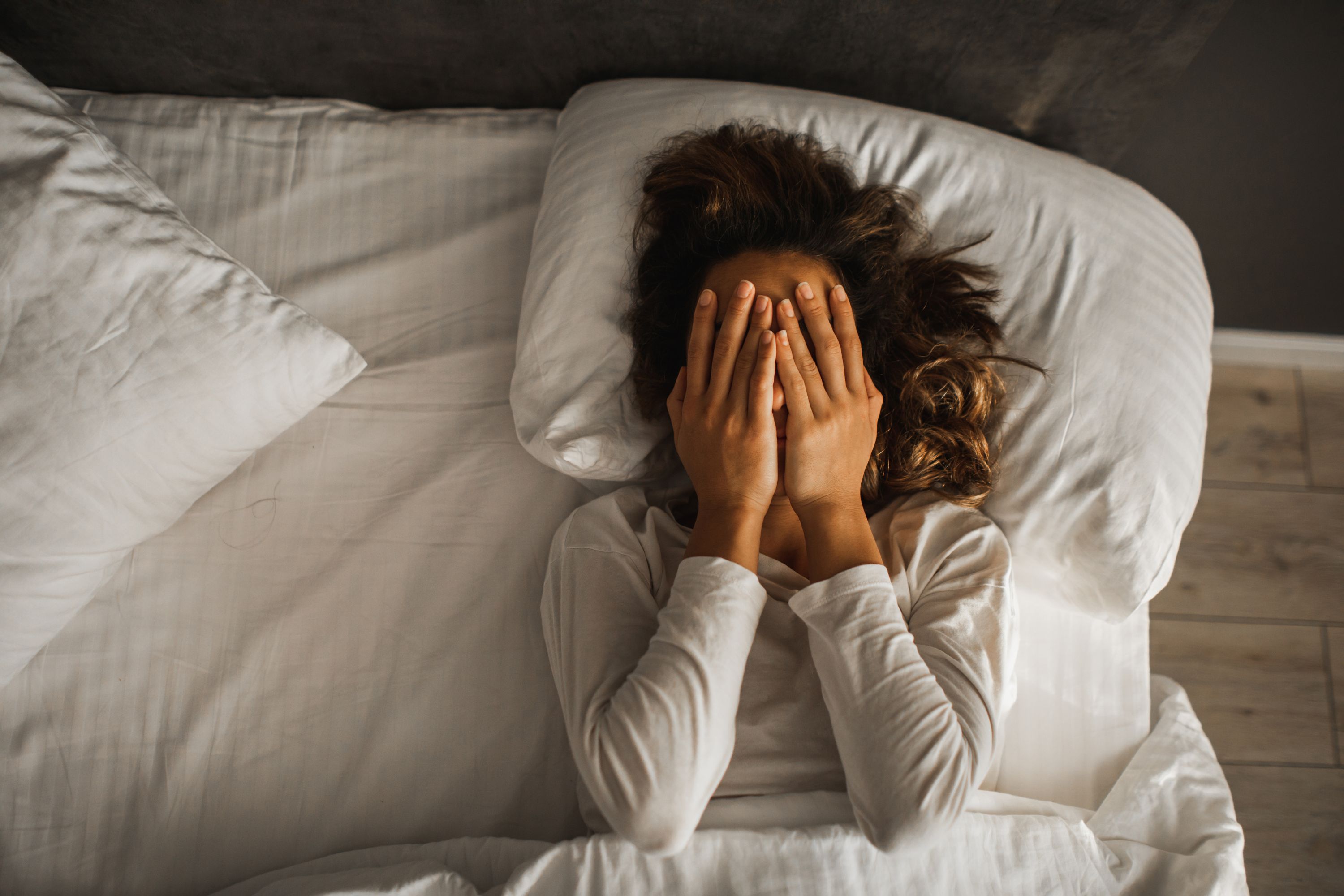
7. Lacking in magnesium
A lack of magnesium is another deficiency that could be to blame for a lack of deep sleep. "Low energy levels have been linked to low magnesium levels, as it’s needed to produce adenosine triphosphate (ATP), which is essential for energy," nutritionist Rick Hay previously told GoodtoKnow. When magnesium levels are low, it’s harder to stay asleep, too.
In fact, magnesium is particularly important during pregnancy, and one 2017 study found magnesium may help to decrease the occurrence of pregnancy complications. Up your intake of magnesium-rich foods, such as green leafy vegetables, nuts and dark chocolate, or you could try taking magnesium supplements throughout, most of which are safe to take during pregnancy.
8. Too little exercise
We get it, pregnancy can leave you feeling fatigued and, especially in the later stages, you're exhausted just from walking up the stairs, let alone a full-on workout. But if you've found that you've been less active since falling pregnant then this might explain why you're waking up early.
Nick Littlehales, Elite Sport Sleep Recovery Coach, explains that adding more exercise to your daily routine could help prevent sleep difficulties. "A balanced approach to exercise will avoid crashin into sleep between 9pm and 12am and then woken around 2/3am feeling either unrefreshed or wide awake. Once that becomes the norm then the only way out is to reset, before other counterproductive behaviour adjustments kick in."
It doesn't have to be intense exercise either, as one study by researchers at Brandeis University found that taking more steps during the day may be related to better sleep at night. Meanwhile, yoga has been shown to be particularly effective for women struggling to sleep during pregnancy, as one study published in the journal Complementary therapies in clinical practice found that pregnant women who practiced yoga had reduced sleep disturbances.
9. Needing the toilet
Pregnancy is often associated with an increased need to go to the toilet. It can start very early on, due to hormonal changes and increased blood flow, but is especially common in the later stages when the growing uterus puts pressure on the bladder. While it's nothing to worry about, it can be very annoying.
Unfortunately, it's a relatively unavoidable problem. It's not recommended to drink less, as it's important to stay hydrated, but you could try to drink an adequate amount of water earlier in the day and avoid drinking too much right before bed. You can also cut out diuretics - which increase urine production - such as coffee, tea and any soft drink containing caffeine. Celery, ginger and watermelon are also known to be diuretics.
10. Insomnia
Insomnia is characterised by having trouble falling asleep or staying asleep. "Insomnia affects one in three people at some point in their lives, and it can manifest itself in a few, very uncomfortable ways." Shamir Patel, pharmacist and founder of Chemist 4 U assures us.
"It can make it difficult to fall asleep in the first place – causing long hours of distress – or it can mean that people find it hard to stay asleep during the evening. Some people may find that they wake up far earlier than they would like and then find it difficult to get back to sleep.
"Often, people with insomnia will feel very tired when they do wake up and will experience extreme tiredness during the day. The stress that this causes can often exacerbate the problem."
Sleep difficulties such as insomnia are common during pregnancy. While there's no quick fix, the NHS recommends trying the following for pregnant people who are suffering:
- If you can, nap during the day and get some early nights during the week
- Avoid tea, coffee or cola drinks in the evening, as the caffeine can make it harder to go to sleep
- Try to relax before bedtime so you're not wide awake - you can ask your midwife for advice or you antenatal classes may teach you some techniques
- You could join an antenatal yoga or pilates class, or try other physical activity such as walking more or swimming
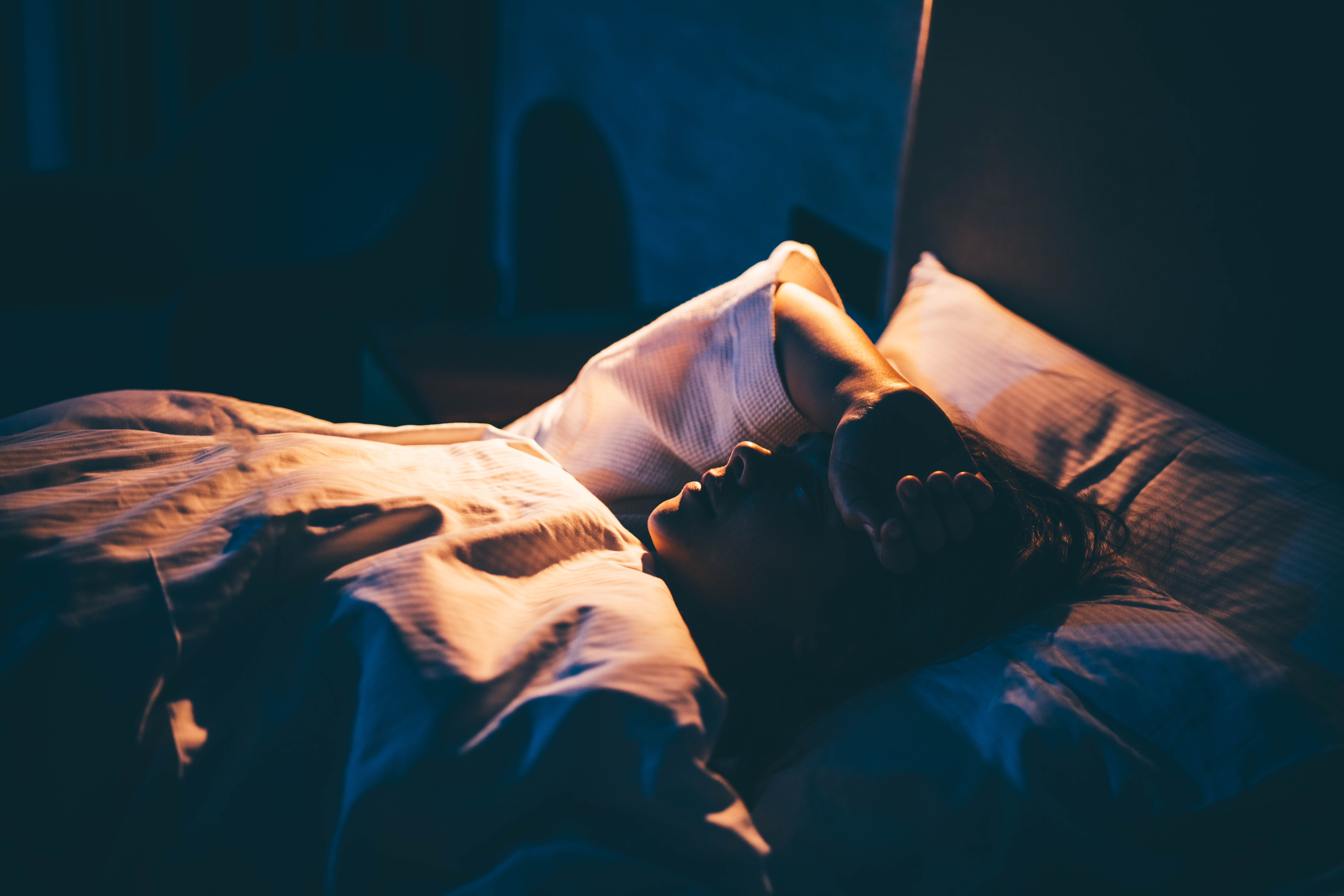
11. Anxiety
Anxiety during pregnancy - also known as perinatal anxiety - is very common. Pregnancy is a big life change and, coupled with the differences in your body and the plans that need to be made for your new arrival, it's understandable if you're often experiencing feelings of worry.
"When there are stressors in our lives, our physiology gears up for a fight-or-flight response that can contribute to sleepless nights and anxious dreams." Melinda Powell, UKCP psychotherapist and author of The Hidden Lives of Dreams, explains. "Up to 50 per cent of dream content thematically relates to emotions experienced the day before, so, essentially, anxiety dreams act as a form of nocturnal therapy, helping us to work through our fears and concerns. They may even have a role in moderating our fears in waking life – making us less reactive and so more able to act more responsively in our daily lives."
Dr Hana Patel offers her advice for those struggling with anxiety: "Sleeplessness can often be caused by stress and anxiety - remember that this is a time in which you should be prioritising rest! Insomnia, combined with feelings of low mood or hopelessness can also be a sign of depression in some cases, so be sure to talk to your healthcare provider if you are experiencing difficulty with your mental health."
Our top pick of products to stop you from waking up early

As James Wilson suggests, a blackout blind is a great way to keep unwelcome sunlight out of your bedroom and prevent you from waking as soon as it gets light outside. This blind from John Lewis has three layers to help keep your room cool by blocking out the sun, or warm in winter due to its thermal properties.
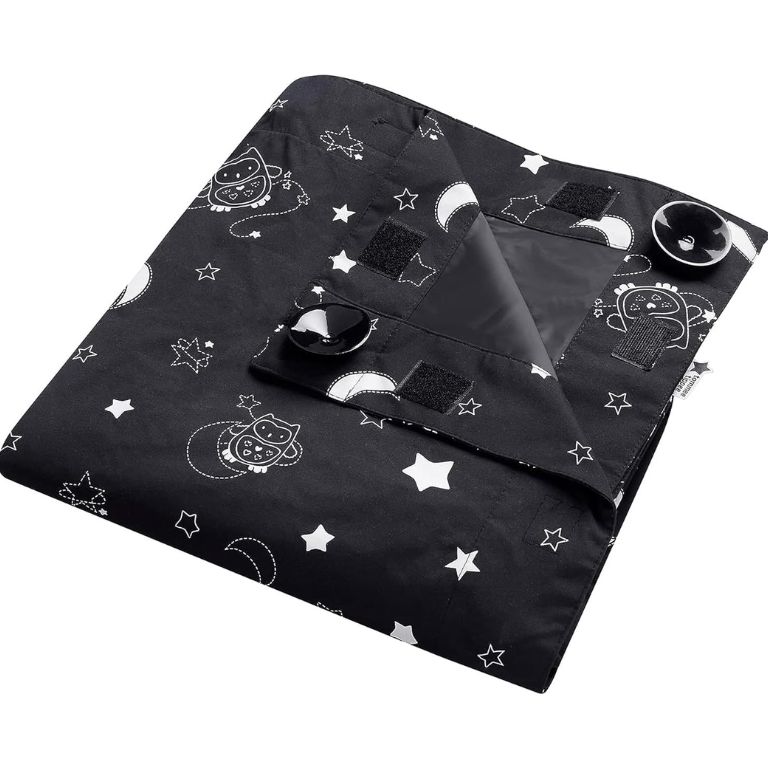
If you (and any little ones) are on the move frequently, a blackout blind that you can take with you wherever you go might be a better option. This one from Tommee Tippee has an impressive 4.5 star rating on Amazon and promises total blackout. It has suction cups to attach to a window, and its size can be easily adjusted thanks to the fastenings.
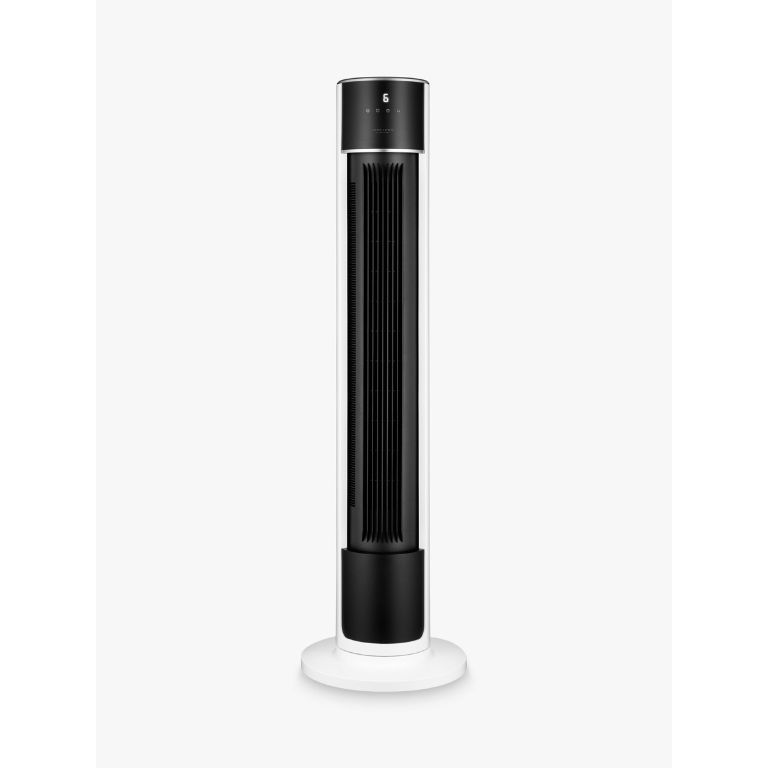
A simpler way to keep cool if you're suffering from hot flushes in pregnancy is to keep a fan running in your room. This option from Jon Lewis has three speed settings as well as a choice of three wind modes - including a sleep mode cycle, which helps to save energy and reduce fan noise as you sleep.
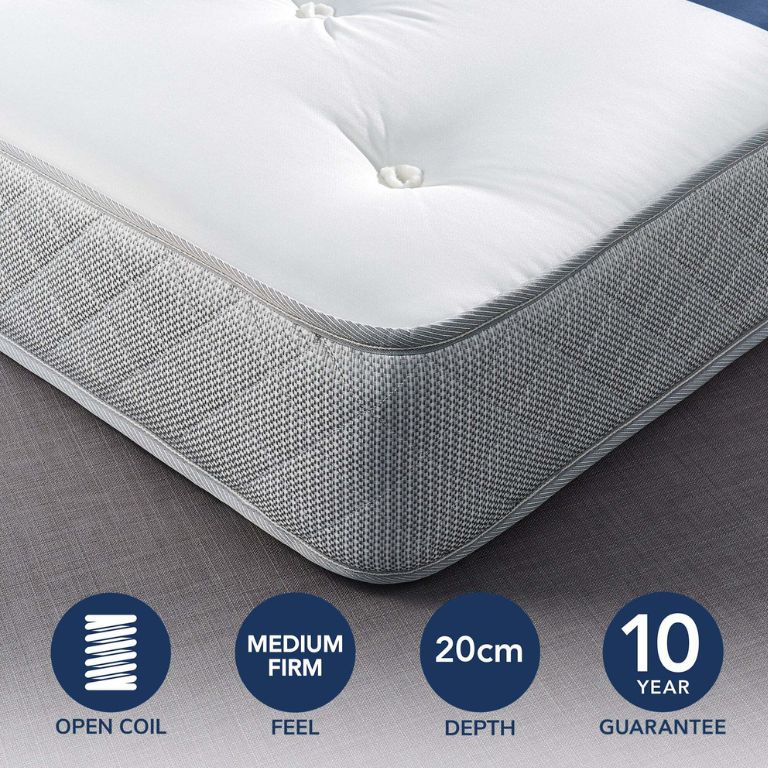
As James suggests, if you're in the market for a new mattress and having trouble sleeping, then an open spring mattress might be the one for you. This Fogarty mattress promises extra comfort thanks to its memory foam top, which moulds to your body's shape.

Sleep expert Fiona Austin suggests that a lack of magnesium could be causing disrupted sleep, and we love this magnesium body butter from Neom. Thanks to its lavender scent combined with magnesium it sends us into easy sleep almost instantly. Simply massage into your whole body before hopping into bed.

Alternatively, you could opt for some classic magnesium flakes. A real winner if you like to have a bath before bed, just sprinkle some of these into your water to help you sleep better. This offering from Westlab promises to help calm and relax the mind and body while supporting healthy sleeping patterns.
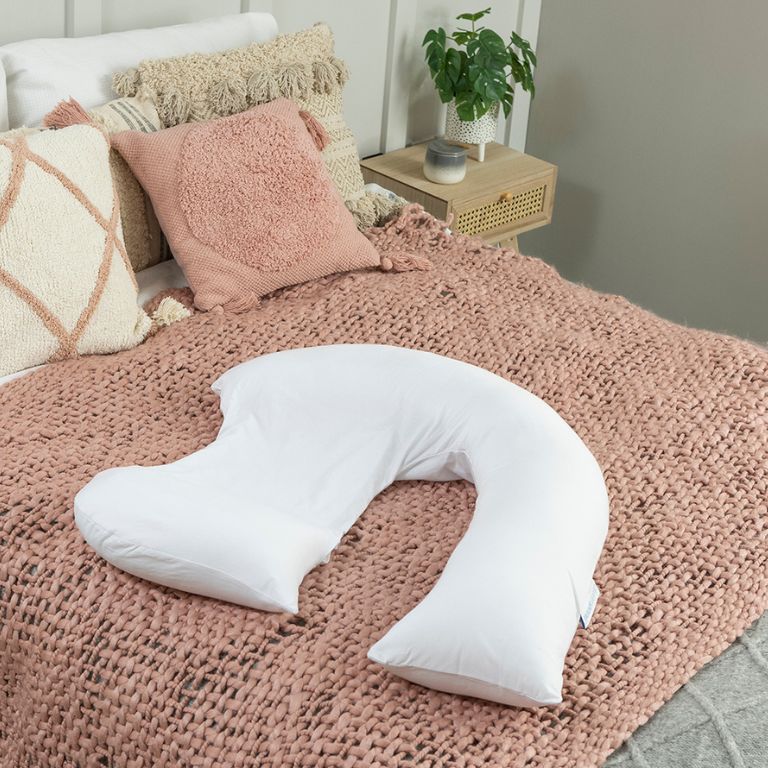
Pregnancy pillows are designed to support your bump as you sleep, keeping you comfortable for longer to prevent a night of tossing at turning. This Dreamgenii pillow was given 4.5 stars by GoodtoKnow's parent tester, and it'll serve you well post-birth too, as it doubles up as a feeding pillow to use when you're nursing.

We've heard that yoga can reduce sleep disturbances in pregnancy, so it's time to get yourself an exercise mat so you can embrace your new hobby. This John Lewis product has 6mm thick cushioning to provide dense support for joints, but it's also lightweight and easy to transport - perfect if you fancy getting out to a class.
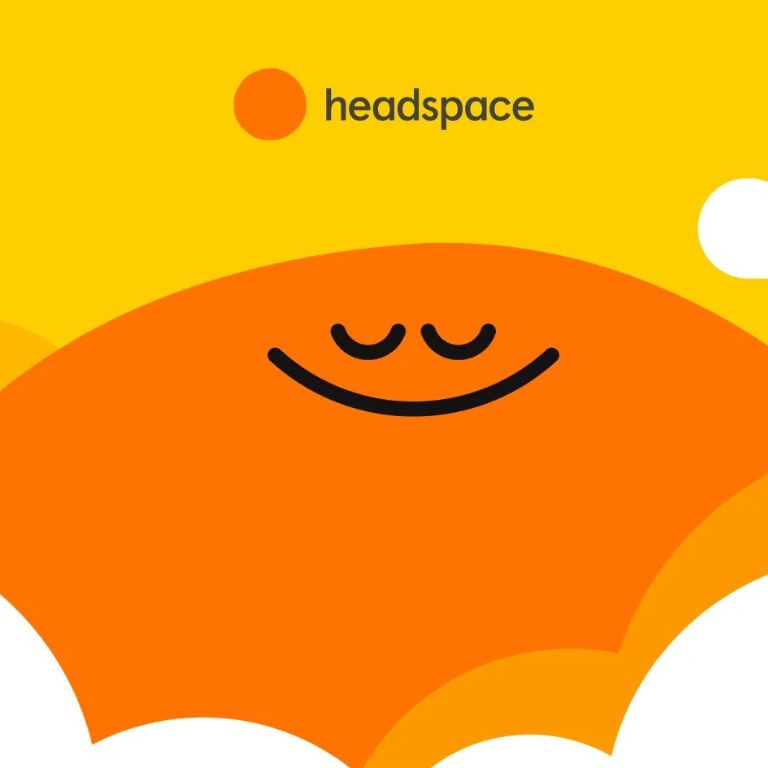
If it's worrying that's getting you up early, then consider investing in a mental health app such as Headspace. Their guided meditations will help you stress less and learn to handle new challenges with ease, while relaxing music, sounds, bedtime stories, and exercises will help get you sleep ready. If you're not sure it's for you, try out the 7-day free trial.

If you've tried linen bedding and your still too hot in bed, opt for linen pyjamas too. It's a naturally breathable fibre and the weave helps to evaporate moisture and allow heat to escape, perfect for keeping you cool while you sleep. This H&M set comes in a classic shirt and trouser design with three colours to choose from, and the elastic waist will keep you comfy too.
Continue reading
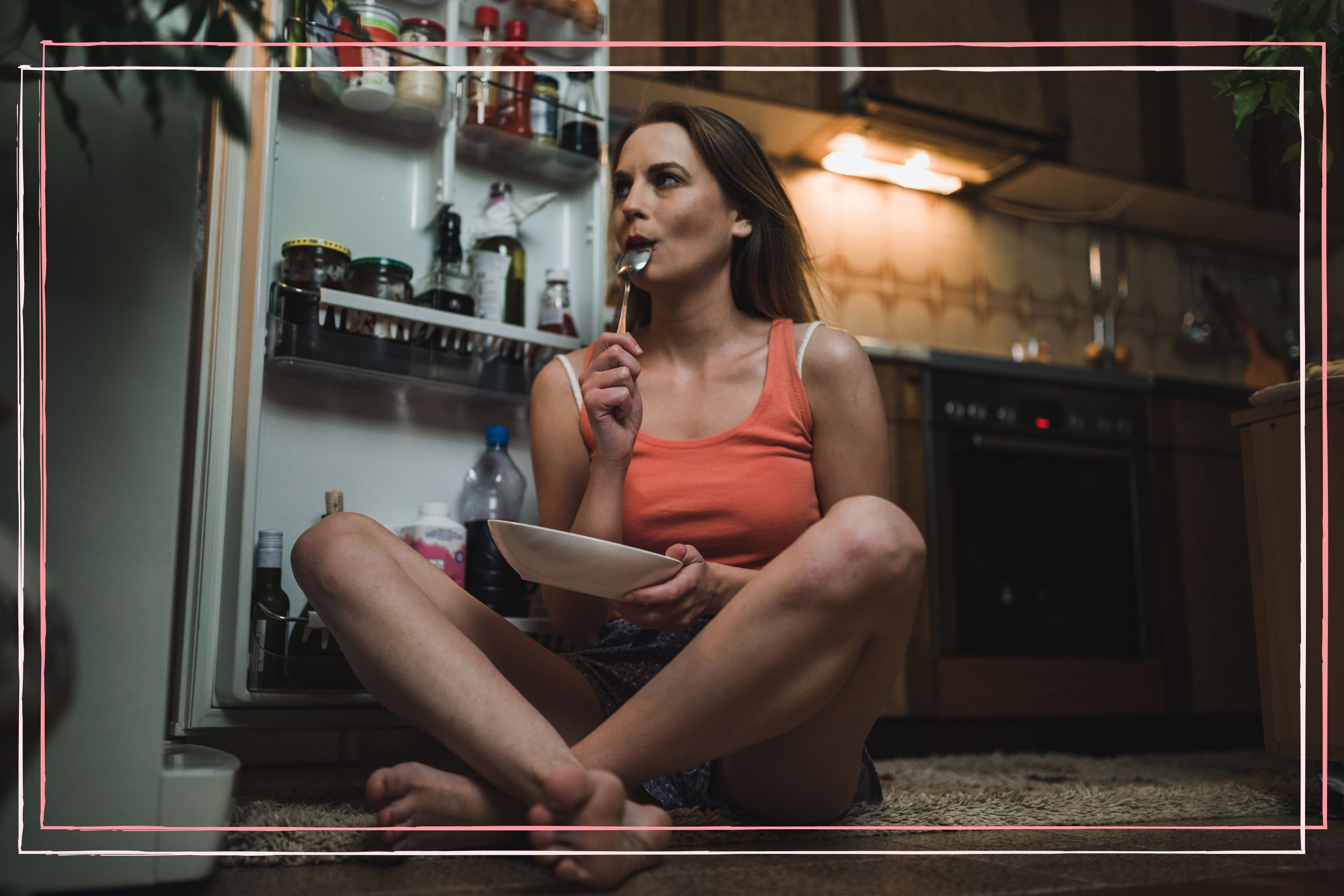
If you're struggling to drop off at night, we've rounded up 17 expert-approved foods for sleep to help tired parents get a better night's rest.
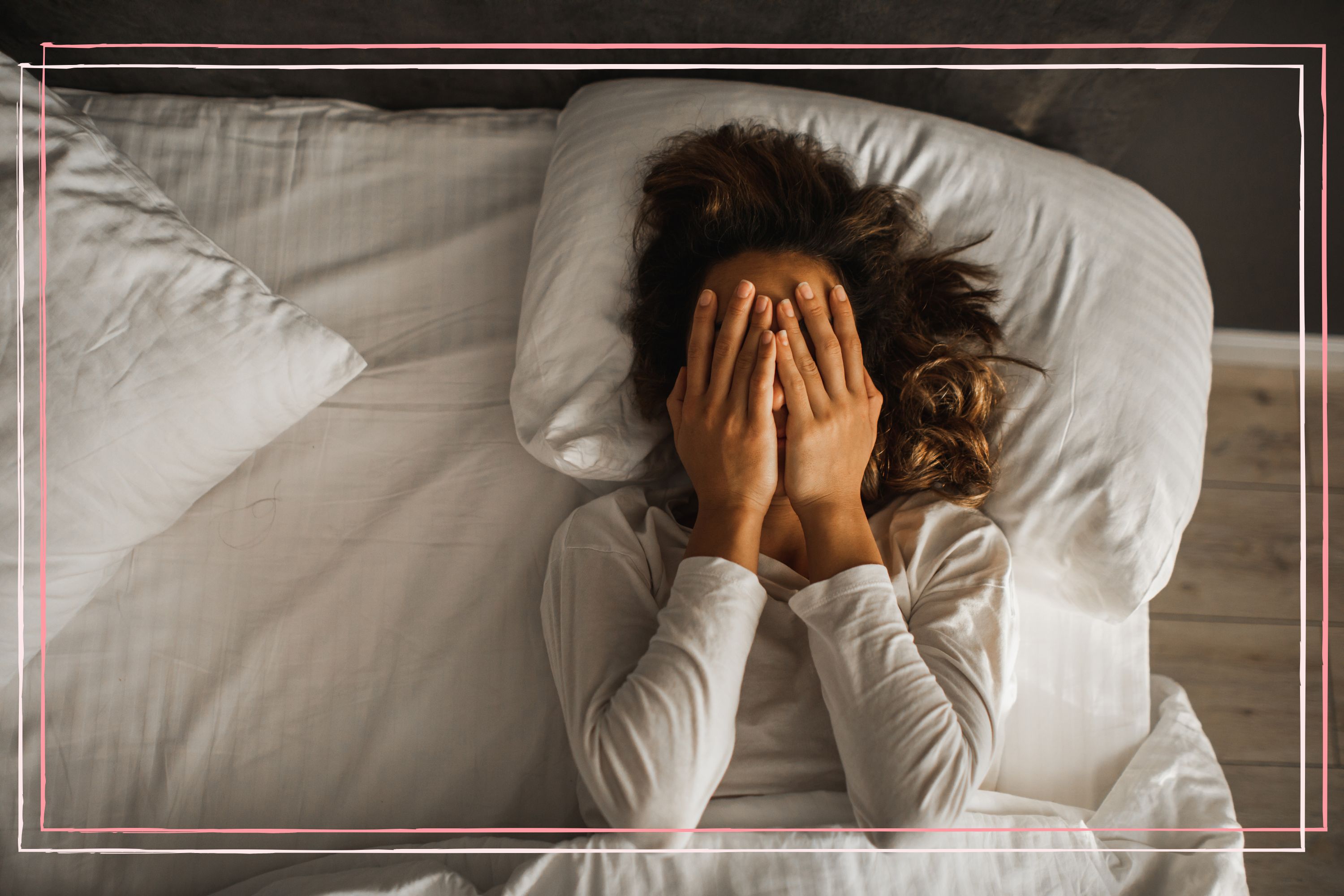
Still struggling to sleep through the night? Here are 15 easy ways to fall asleep fast when you've been tossing in turning in bed.

Our beauty editor has tried and tested the best eye creams for tired eyes, so next time you want to feel fresh after a rough night you know where to turn.

Ellie is GoodtoKnow’s Family News Editor and covers all the latest trends in the parenting world - from relationship advice and baby names to wellbeing and self-care ideas for busy mums. Ellie is also an NCTJ-qualified journalist and has a distinction in MA Magazine Journalism from Nottingham Trent University and a first-class degree in Journalism from Cardiff University. Previously, Ellie has worked with BBC Good Food, The Big Issue, and the Nottingham Post, as well as freelancing as an arts and entertainment writer alongside her studies. When she’s not got her nose in a book, you’ll probably find Ellie jogging around her local park, indulging in an insta-worthy restaurant, or watching Netflix’s newest true crime documentary.

